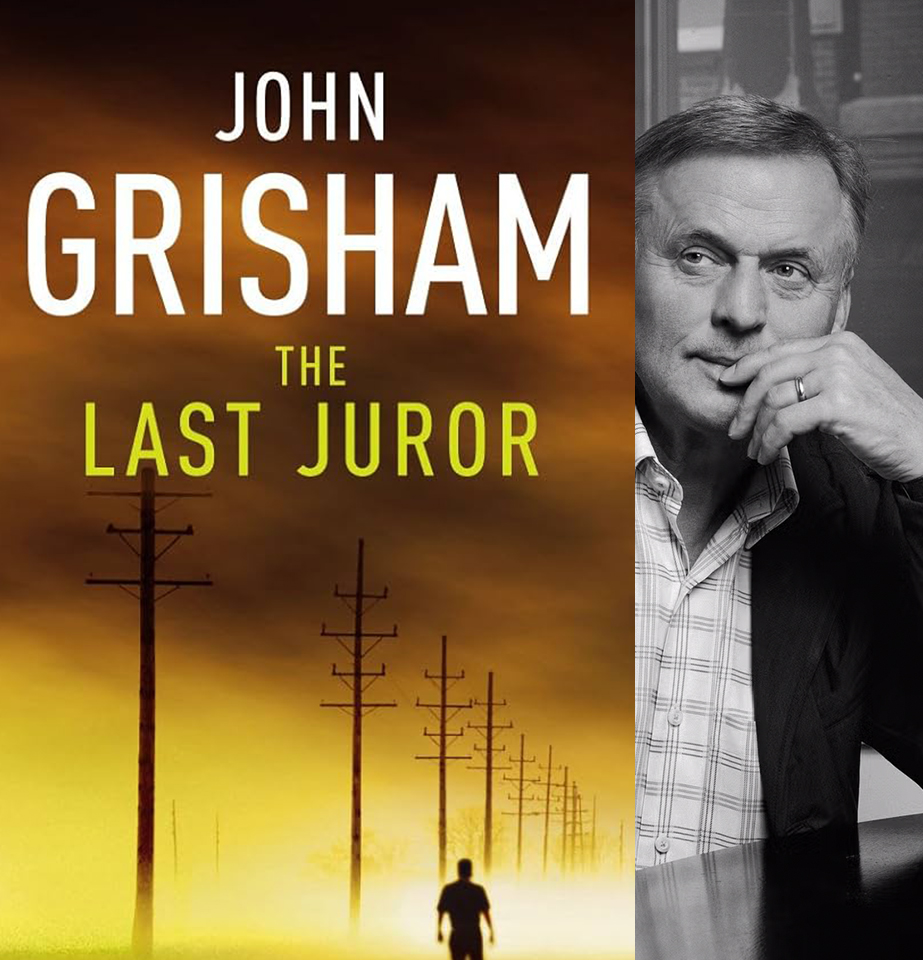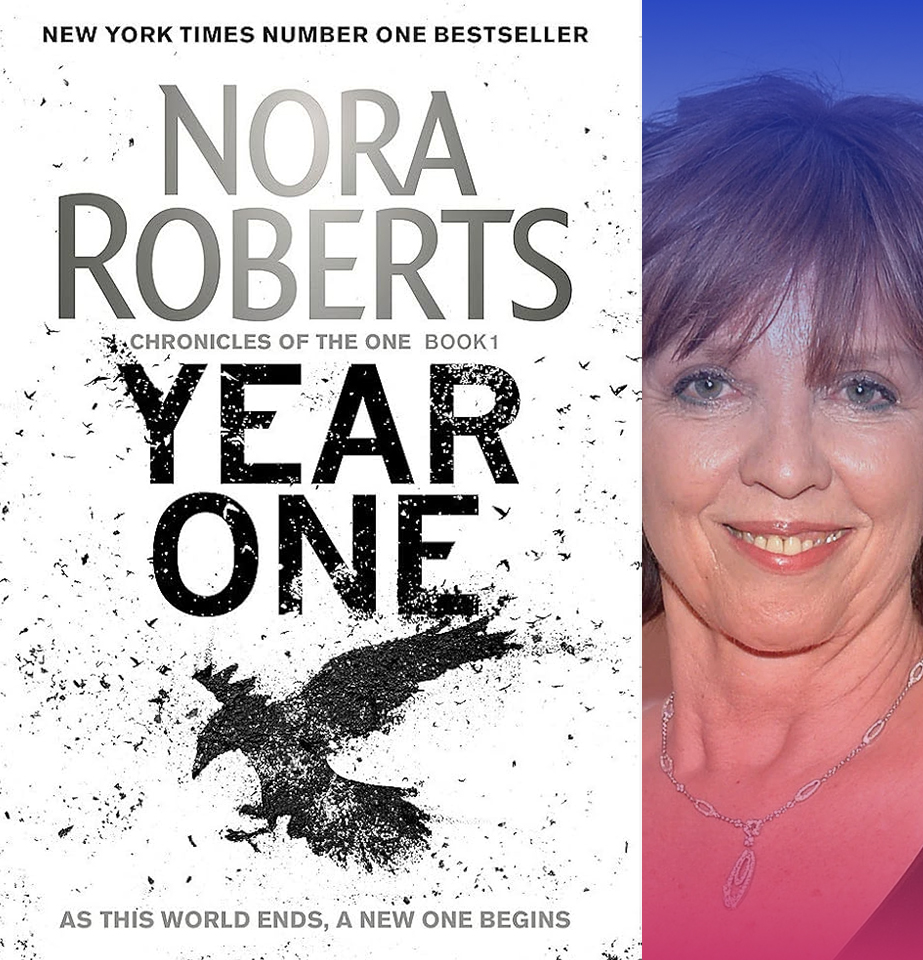John Grisham’s The Last Juror is a layered narrative that goes beyond courtroom drama. Set in the racially charged Mississippi of the 1970s, the novel focuses on Willie Traynor, a young journalist who unexpectedly becomes the voice of his small town after buying and reviving its local newspaper.
The story begins with a brutal murder that shocks the town. A young widow is attacked and killed by a member of the infamous Padgitt family, known for their history of violence and corruption. As the trial unfolds, Willie covers it in the newspaper, capturing both the legal intricacies and the emotional ripple effects throughout Clanton. It’s a murder mystery, yes—but it’s also a commentary on journalism, morality, and social change.
At vero eos et accusam
What sets this book apart from Grisham’s other works is its tone. It’s less about the legal system and more about small-town life—its rhythms, routines, gossip, and growth. The pace is reflective, allowing readers to become part of Clanton’s evolving identity. As the years pass in the novel, we witness the subtle shifts in the town’s moral compass, relationships, and even its demographics.
A great pleasure to read. A nice story with good atmosphere.
As always, Grisham’s writing is witty and down to Earth.
Karl Marberger
One of the most compelling aspects of The Last Juror is the relationship between Willie and Miss Callie, an elderly Black woman who serves on the jury. Their friendship is one of quiet strength and mutual respect, a thread that binds the story’s emotional center. Miss Callie, matriarch of a large, educated family, becomes a symbol of wisdom and quiet resistance in a time of social transformation.
Grisham also captures the essence of what it means to be a storyteller. Willie’s commitment to truth and his ability to shape public opinion through the written word resonate deeply, especially in today’s media landscape. As someone passionate about writing, I found his journey inspiring—a reminder of the impact journalism can have when guided by integrity.

A Decade of Change, A Journey of Belonging
There’s a nostalgic quality to this novel as well. Through Willie’s reflections, we see not just a murder trial but an entire decade unfold. The Vietnam War, civil rights movements, and the changing fabric of Southern identity all leave their marks on Clanton.
Though the plot centers on a murder and its aftermath, the real story lies in the town’s transformation and the personal growth of its narrator. Willie starts as an ambitious outsider and ends as someone deeply connected to the people and places around him.
The Last Juror is not a thriller in the traditional sense. Its suspense comes from the quiet tensions of life, the slow-burning questions of justice and belonging. And it’s this slower, richer narrative that makes it one of Grisham’s most memorable books.
Recommended for those who enjoy: character-driven fiction, historical reflections, small-town dynamics, and journalism-infused storytelling.

